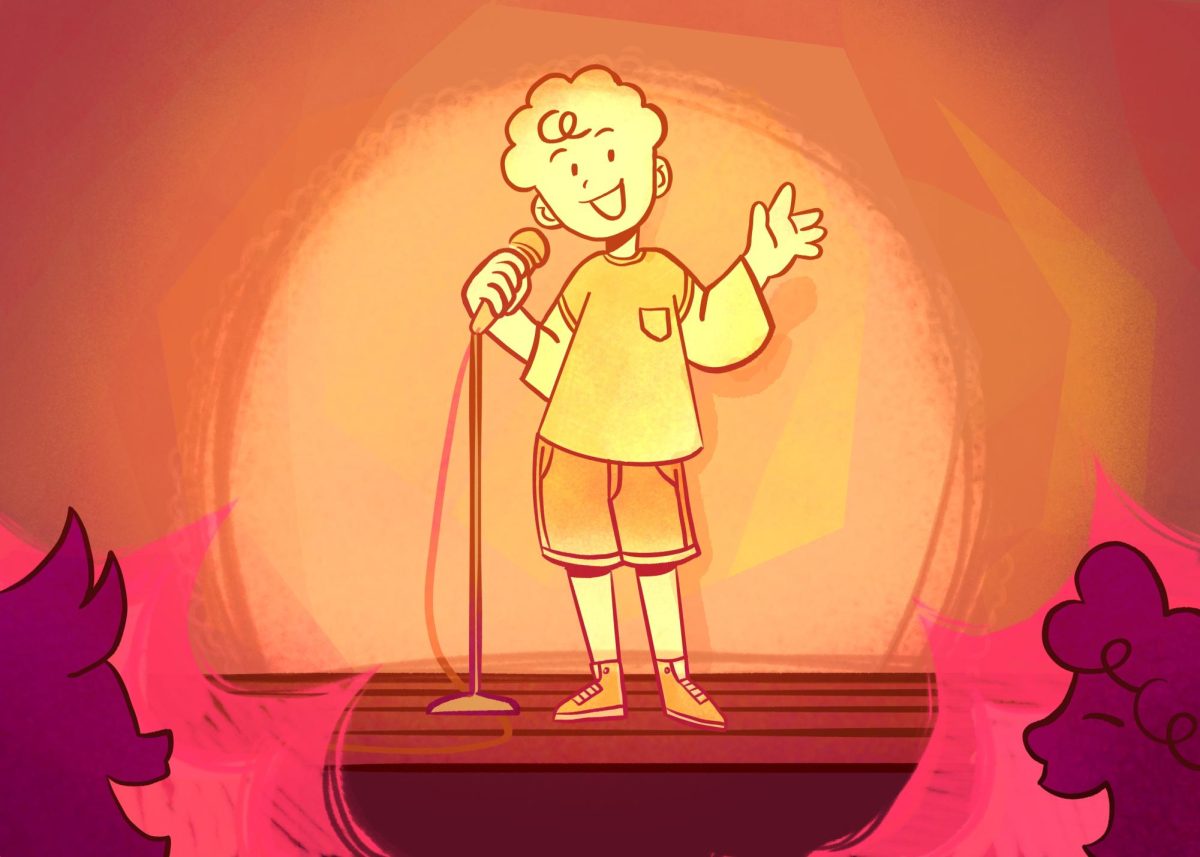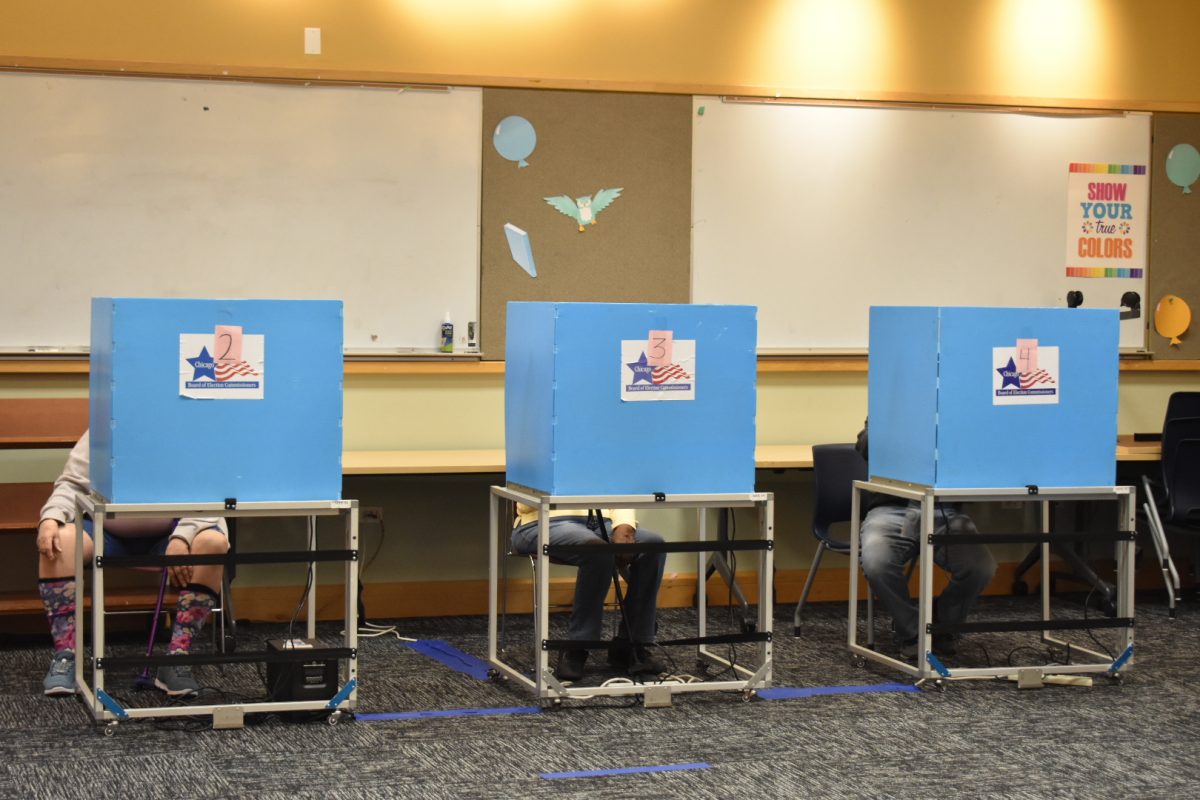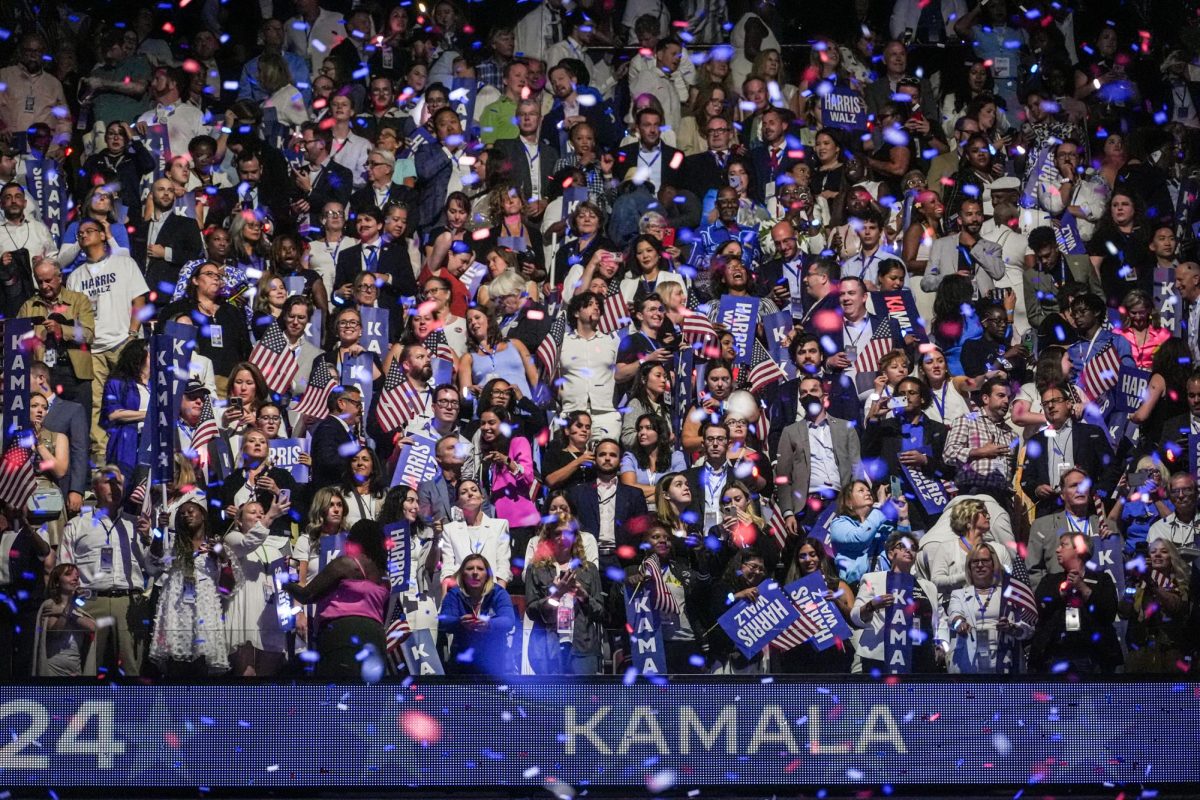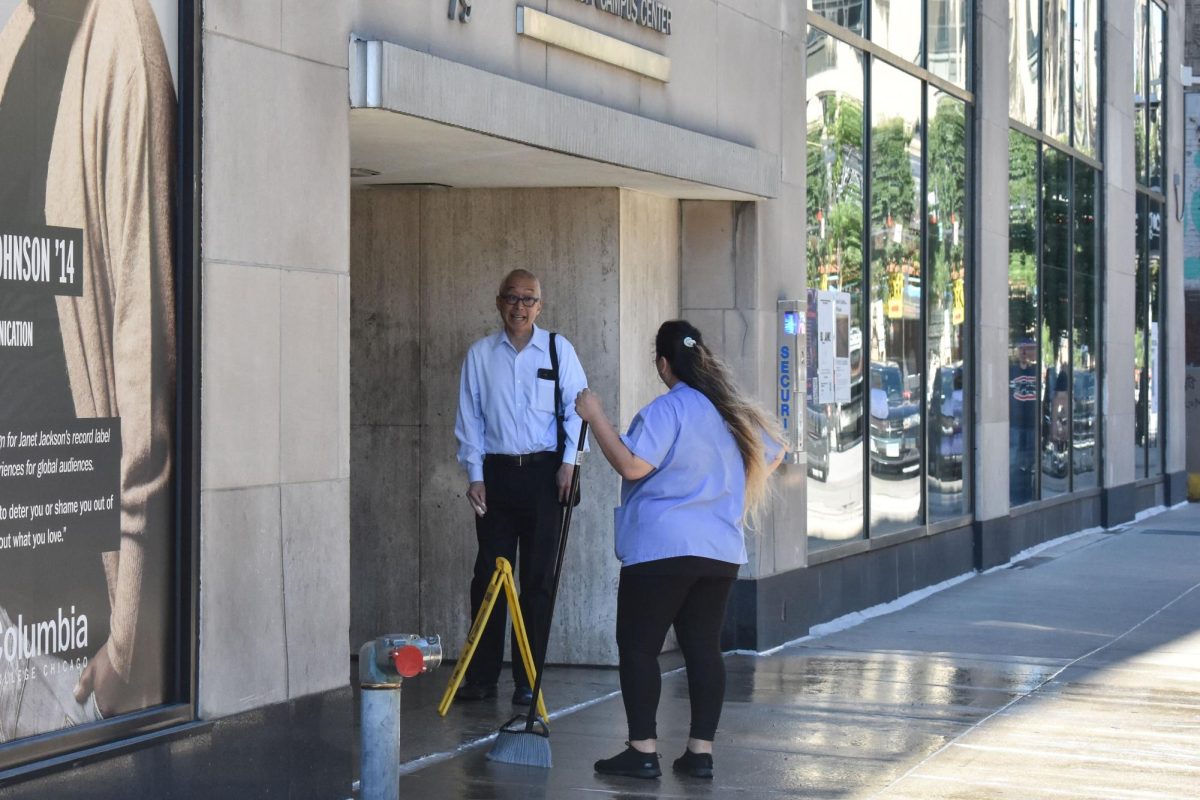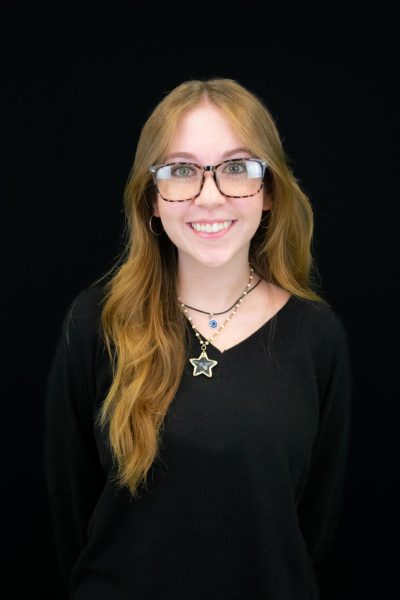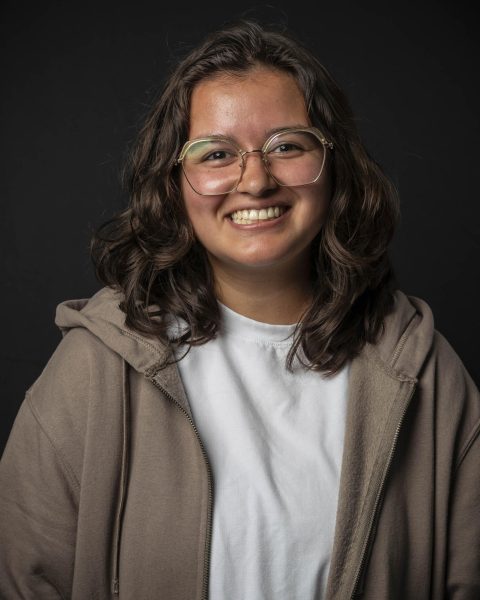A new comedy writing and performance minor will give students a chance to experience cross-training across platforms without having to take so many foundational courses.
It will launch as the college expects enrollment to decline by 1,000 students in the fall, forcing a restructuring of academic programs and possible full-time faculty layoffs. President and CEO Kwang-Wu Kim told the Faculty Senate on Feb. 9, before he announced he would be stepping down as president, that enrollment could drop by a thousand students in Fall 2024.
The minor is still expected to launch in the fall with the current restructuring of the college, along with the comedy writing and performance program not currently expecting to go away with the decline in enrollment, according to Assistant Professor Grace Overbeke.
In 2011, the comedy writing and performance major was created with only one full-time faculty member in the program – that being associate professor Anne Libera. The thought of making it into a minor was deemed too complex at the time, due to the ratio of comedy writing and performance students to full-time faculty members, said Libera.
With time, two more full-time faculty members joined the program, Assistant Professor Richard Walker and Overbeke. The two joined the discussion of creating the major into a minor with the original faculty member Libera.
“The primary work was done by myself, Rick Walker and Grace Overbeke,” Libera said. “But the way the comedy faculty functions is very collaborative and like an ensemble, so there have been discussions across the faculty.”
The three pitched the idea of why this should exist as a minor and “the resources the college would need to use to create the market, create the minor and to sustain the minor,” Libera said.
Libera’s main focus throughout the creation of the new minor was to ensure the minor stays multi-disciplinary so students would be as well-rounded as students who took the major.
“We wanted to make certain that the minor would still retain some of those elements but would allow those who primarily wanted to either write or perform would have the ability to focus their studies in one of those areas,” Libera said.
Hezekaih Duncan, a senior comedy writing and performance major, said the comedy program has been doing a good job of being a “wide, collaborative network that gives artists opportunities to hone and display their skills.”
“The idea of specific courses and programs tailored to creativity in the writing sphere is exciting,” he said.
After two years, the minor was officially approved in late January 2024 and can be completed after taking the 18 required course credits.
In 2019, 198 students were comedy writing and performance majors, but the number declined to 93 in Fall 2023, according to the Office of Institutional Effectiveness. The major had 21 first-year students Fall 2023, down slightly from 27 first-years in fall 2022.
Amelia Walczak, a senior fashion merchandising major, said she wished the minor was an option during her early college career since she had previously taken a comedy course and enjoyed her experience.
“I would have definitely taken it with my fashion major,” she said. “So many people are funny and in non-performance or writing majors. I mean, even think of the stand ups you see perform, they have day jobs to make money until they become a bigger name.”
Sophomore AJ Hernandez-Sortore, a comedy writing and performance major, said they feel “cautiously optimistic” about the new minor, but said it would be great for people who are interested in learning the skills behind comedy.
“I feel like people might sign up for the comedy minor thinking it’s just like one improv class and that’s it, and then be disappointed when there’s more work to it,” they said. “I think as long as people go into it realizing it’s actual classes, they’re gonna have a great time.”
Overbeke said students will not have to take as many of the “fairly rigorous” foundations courses in the major.
“This just gives students a little bit more flexibility and another option if they want to study comedy, in a rigorous way, but not make it their entire education,” she said.


